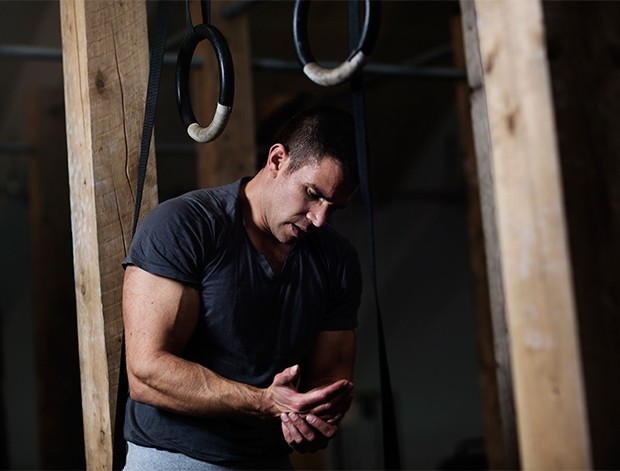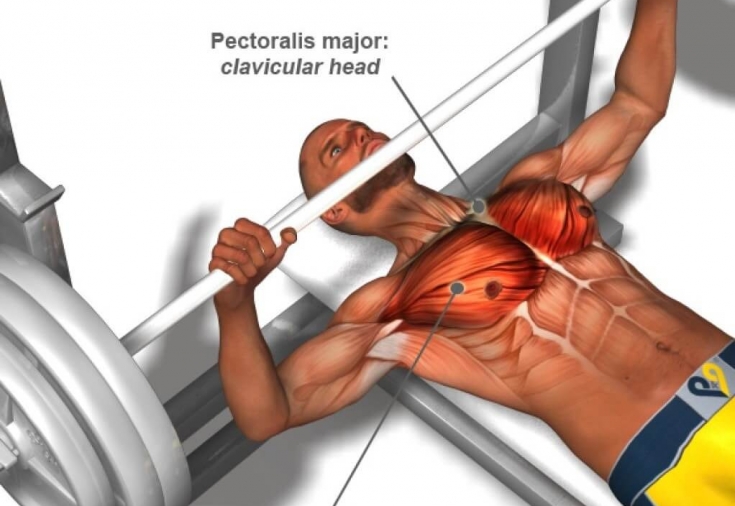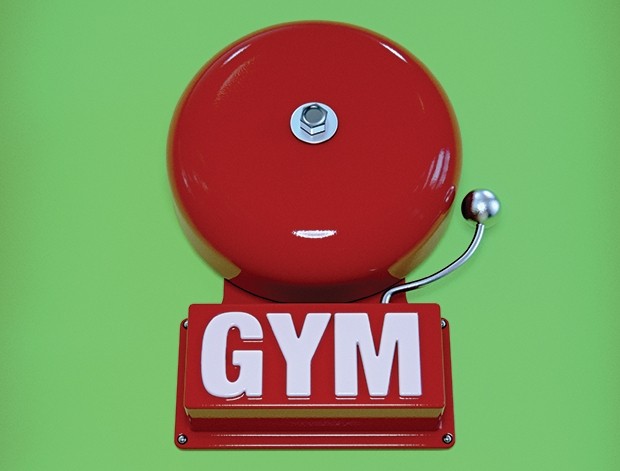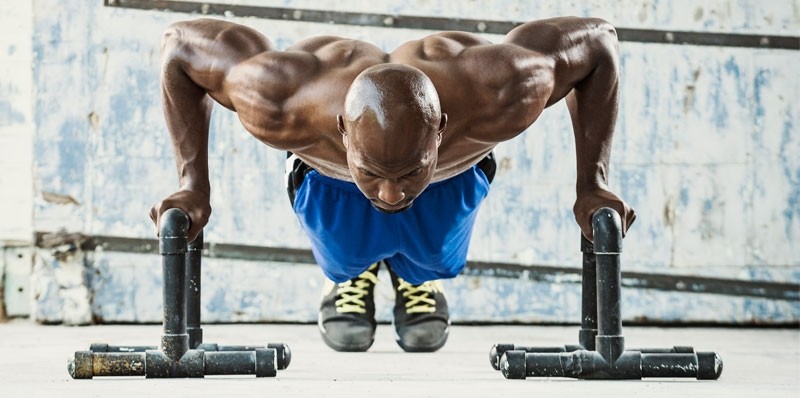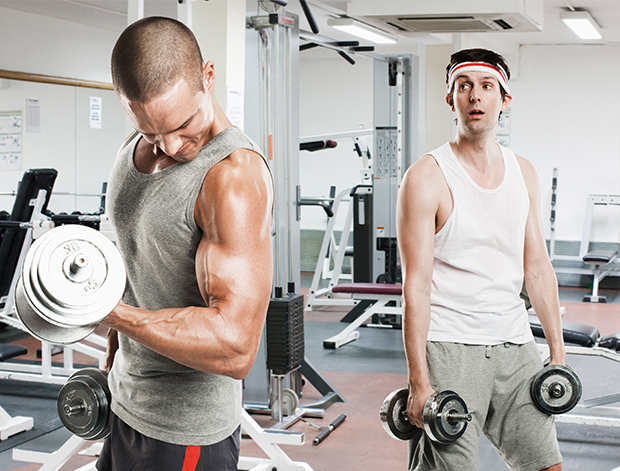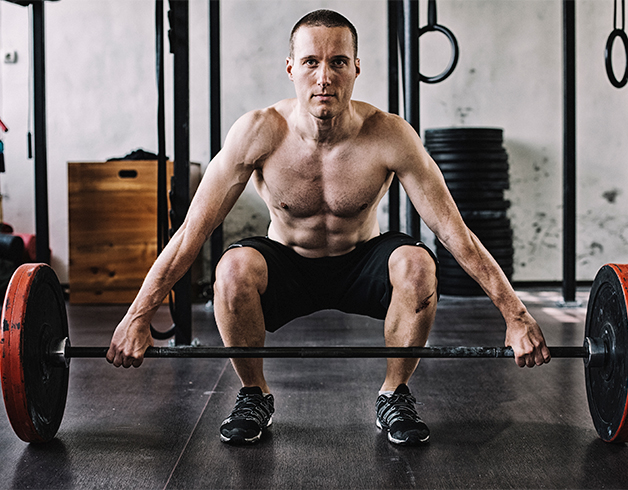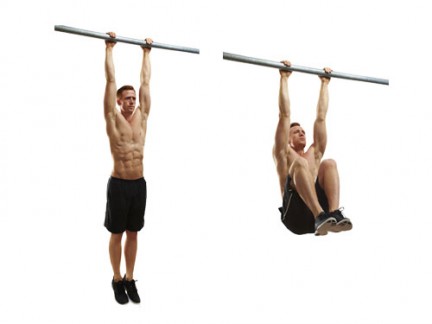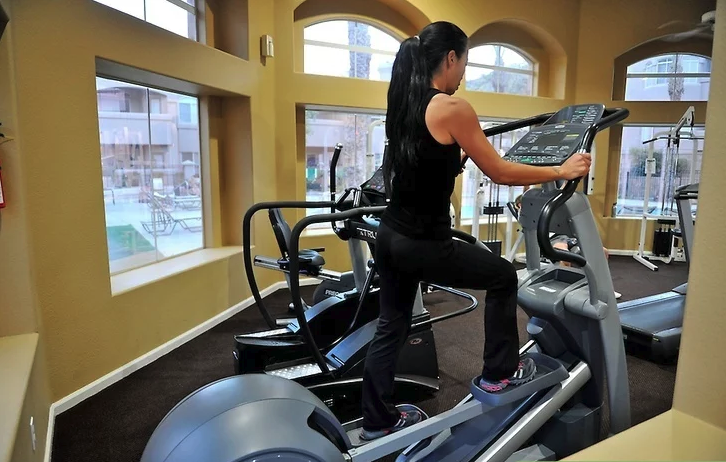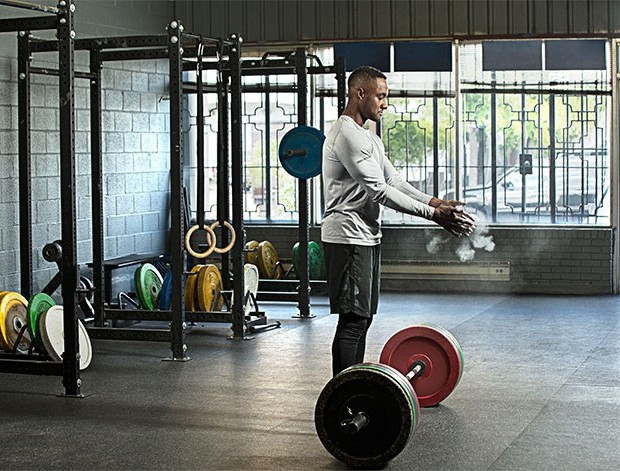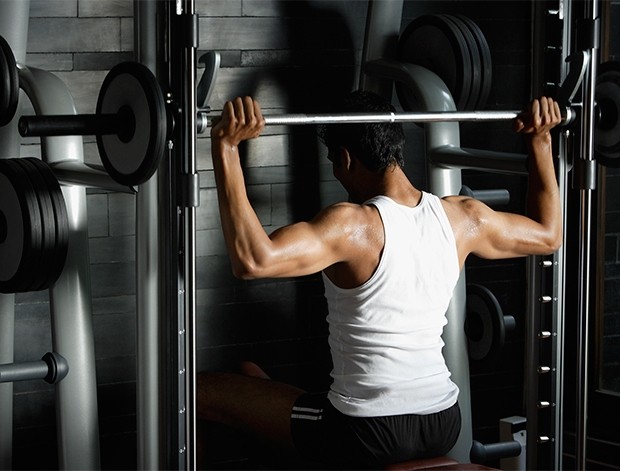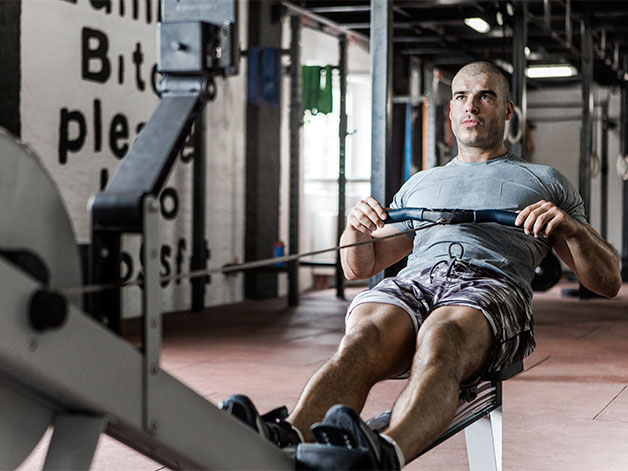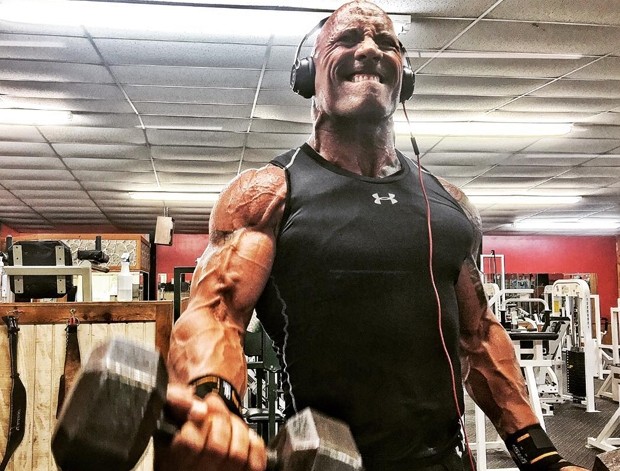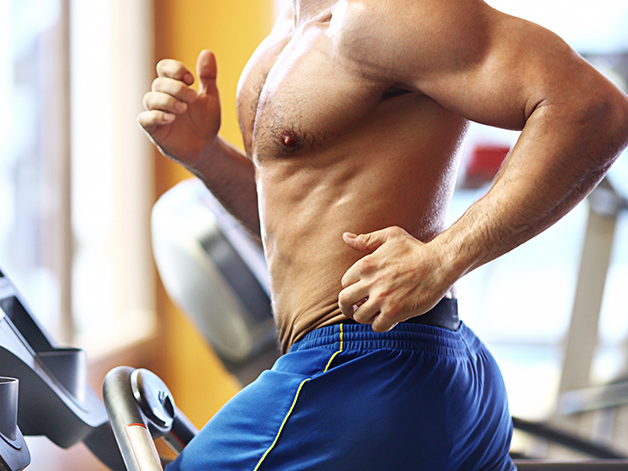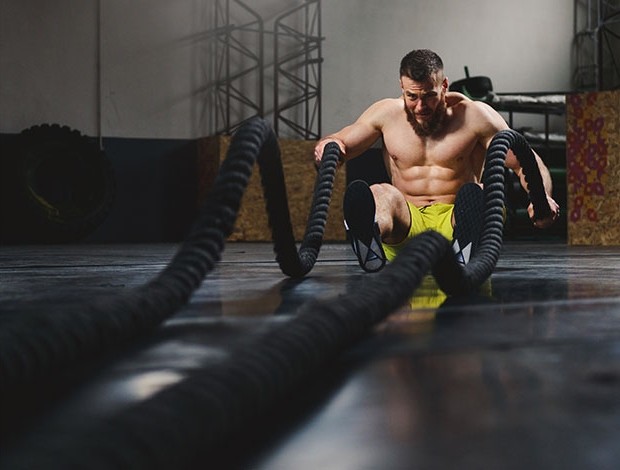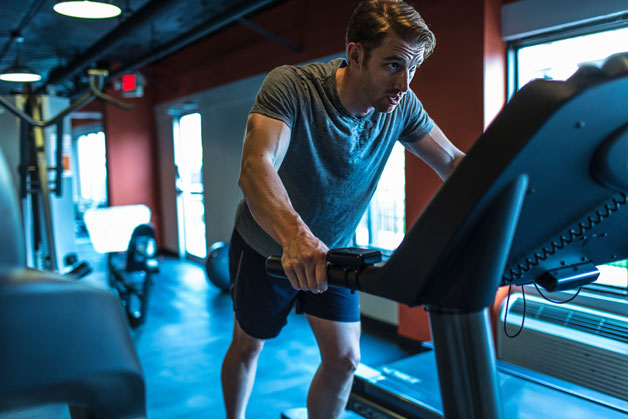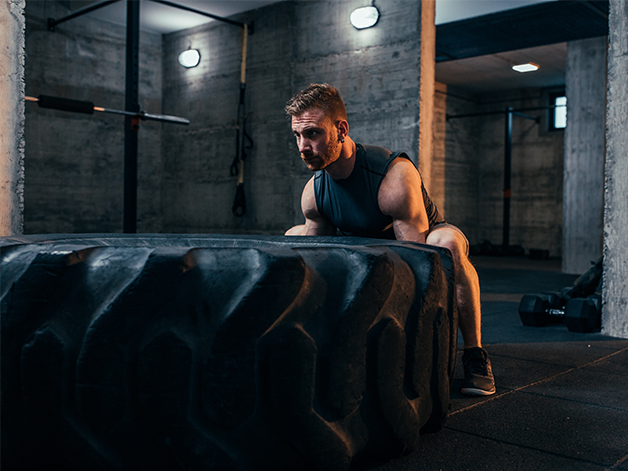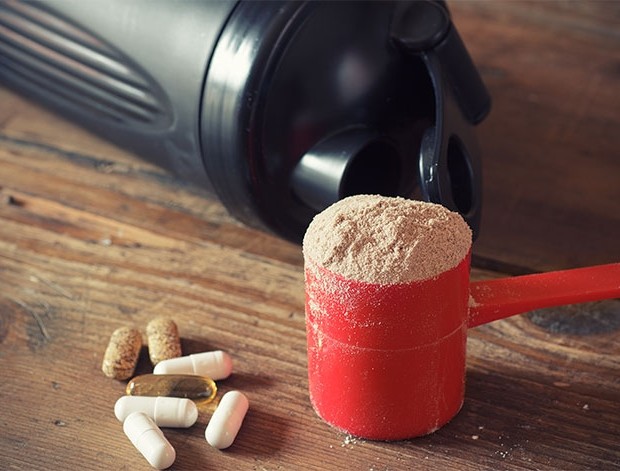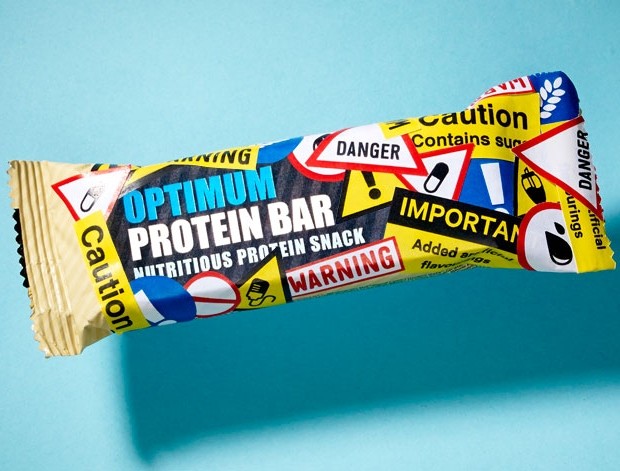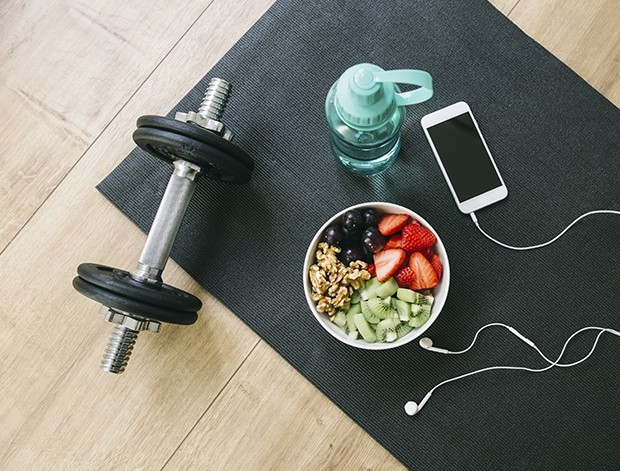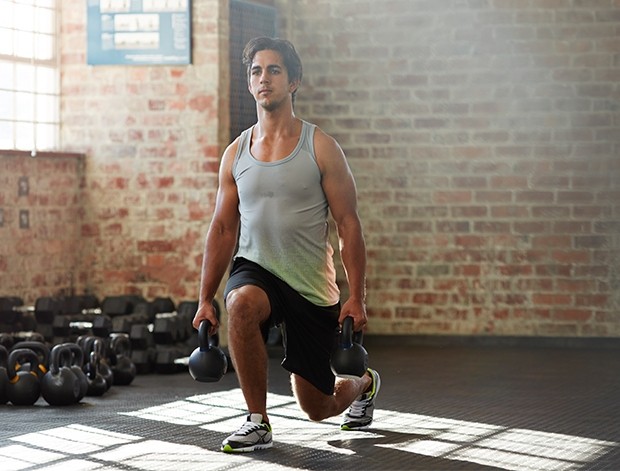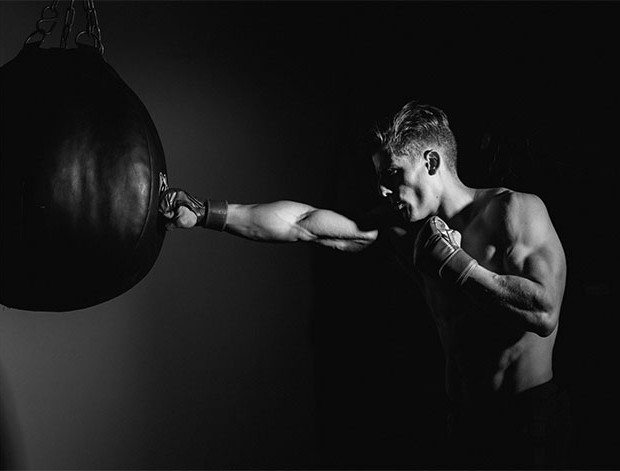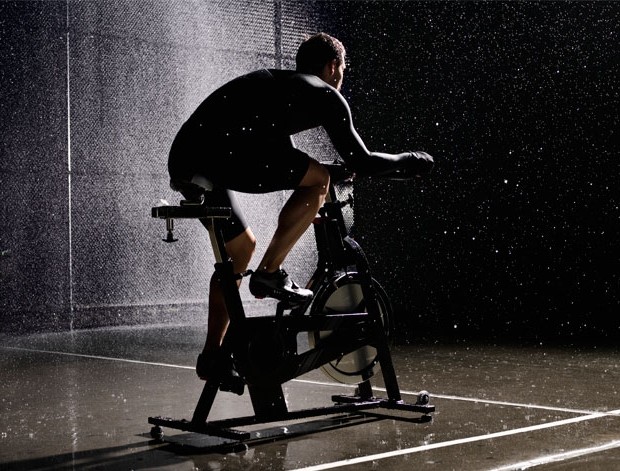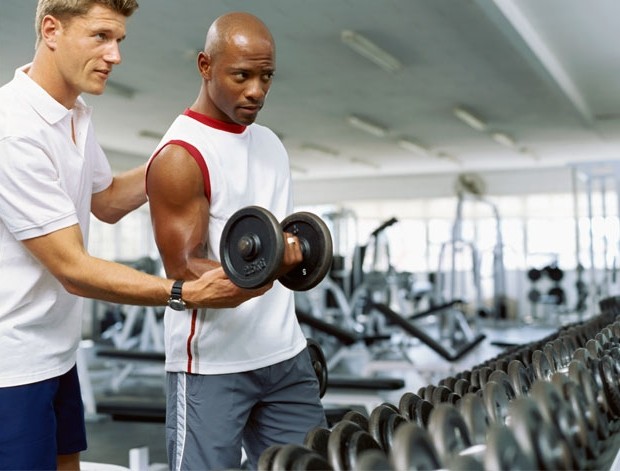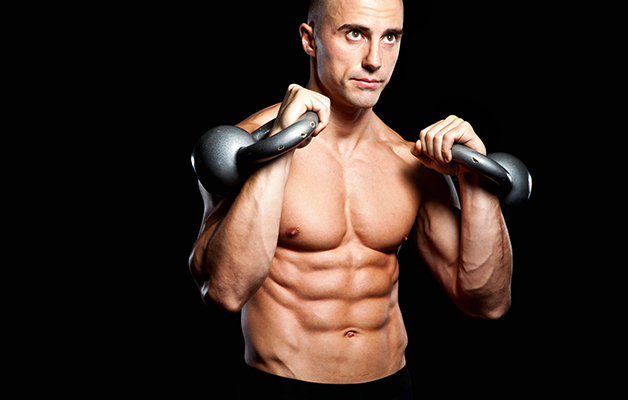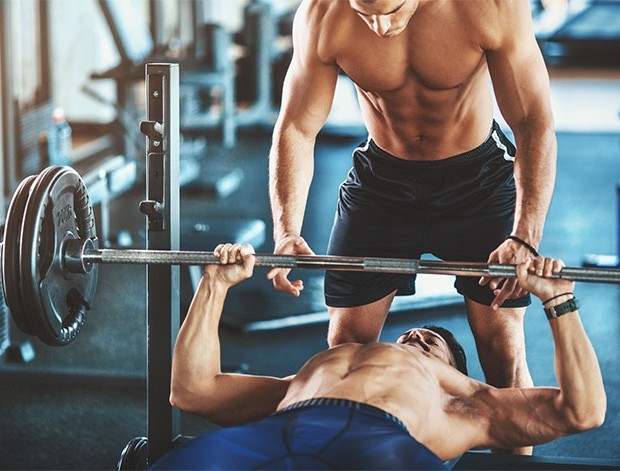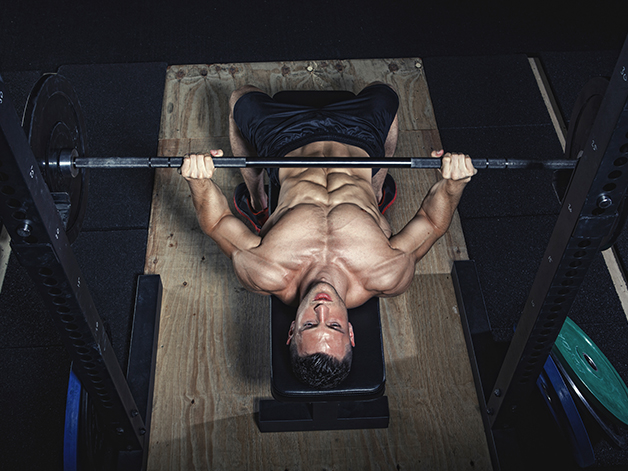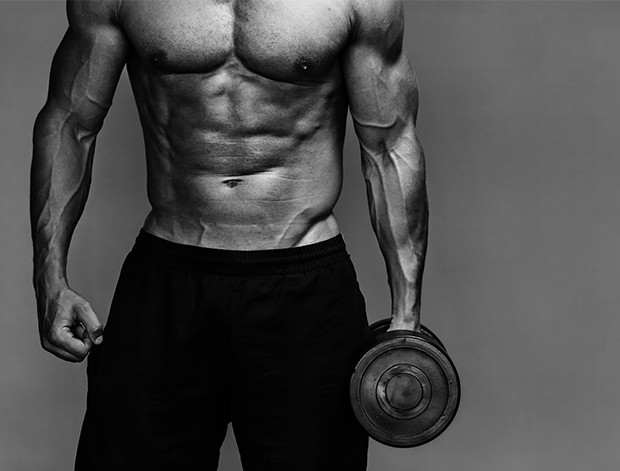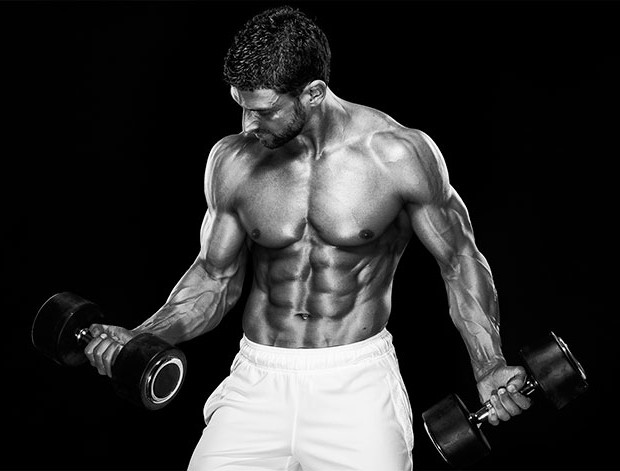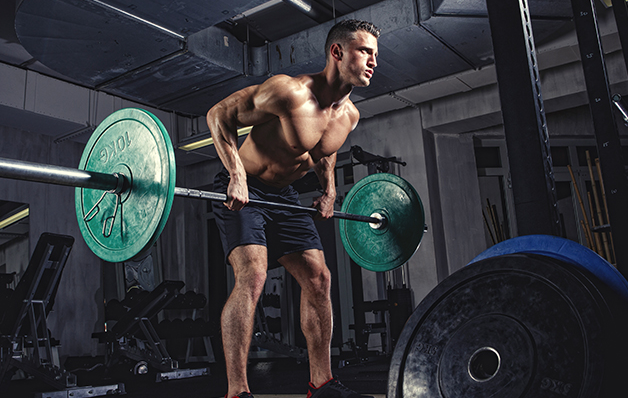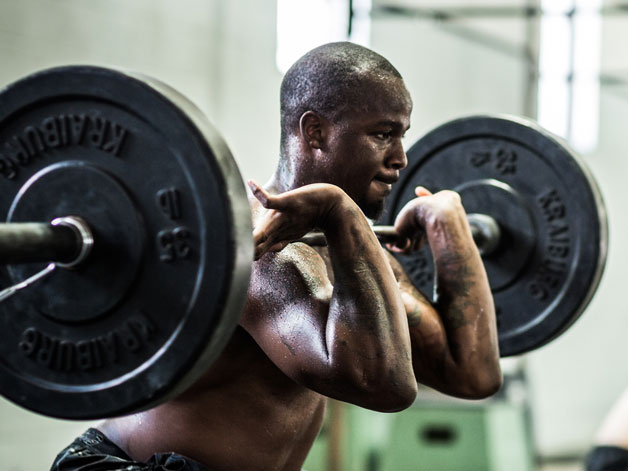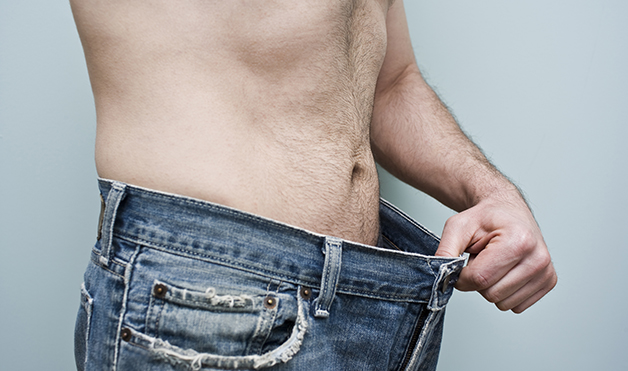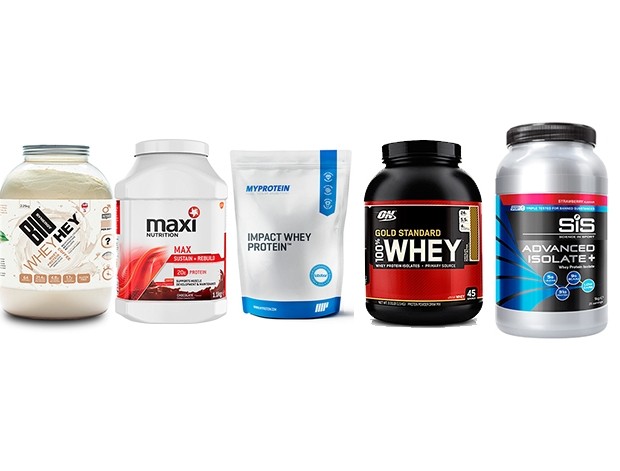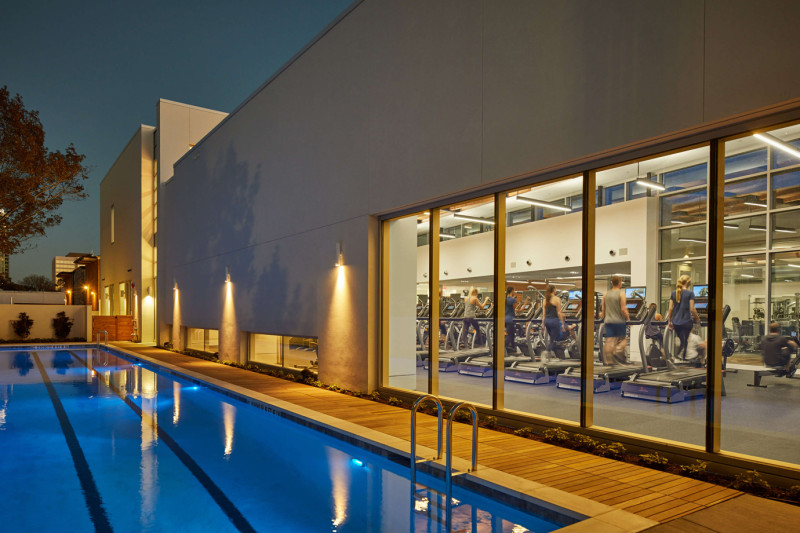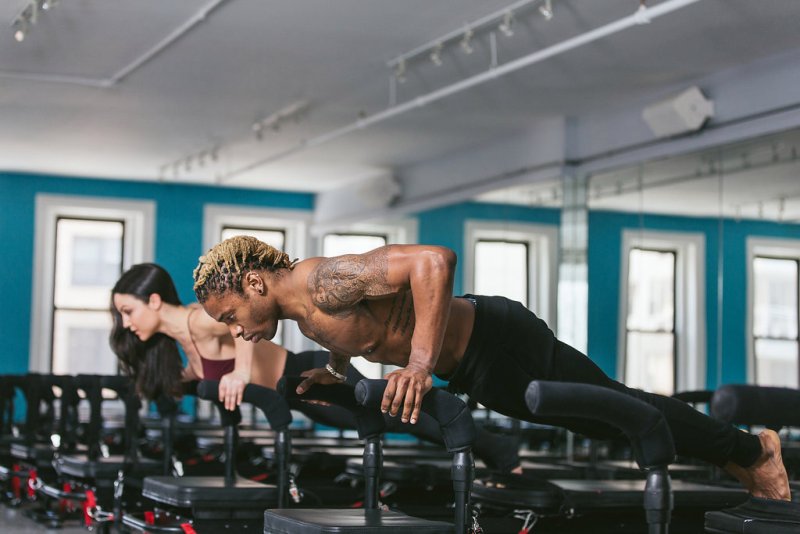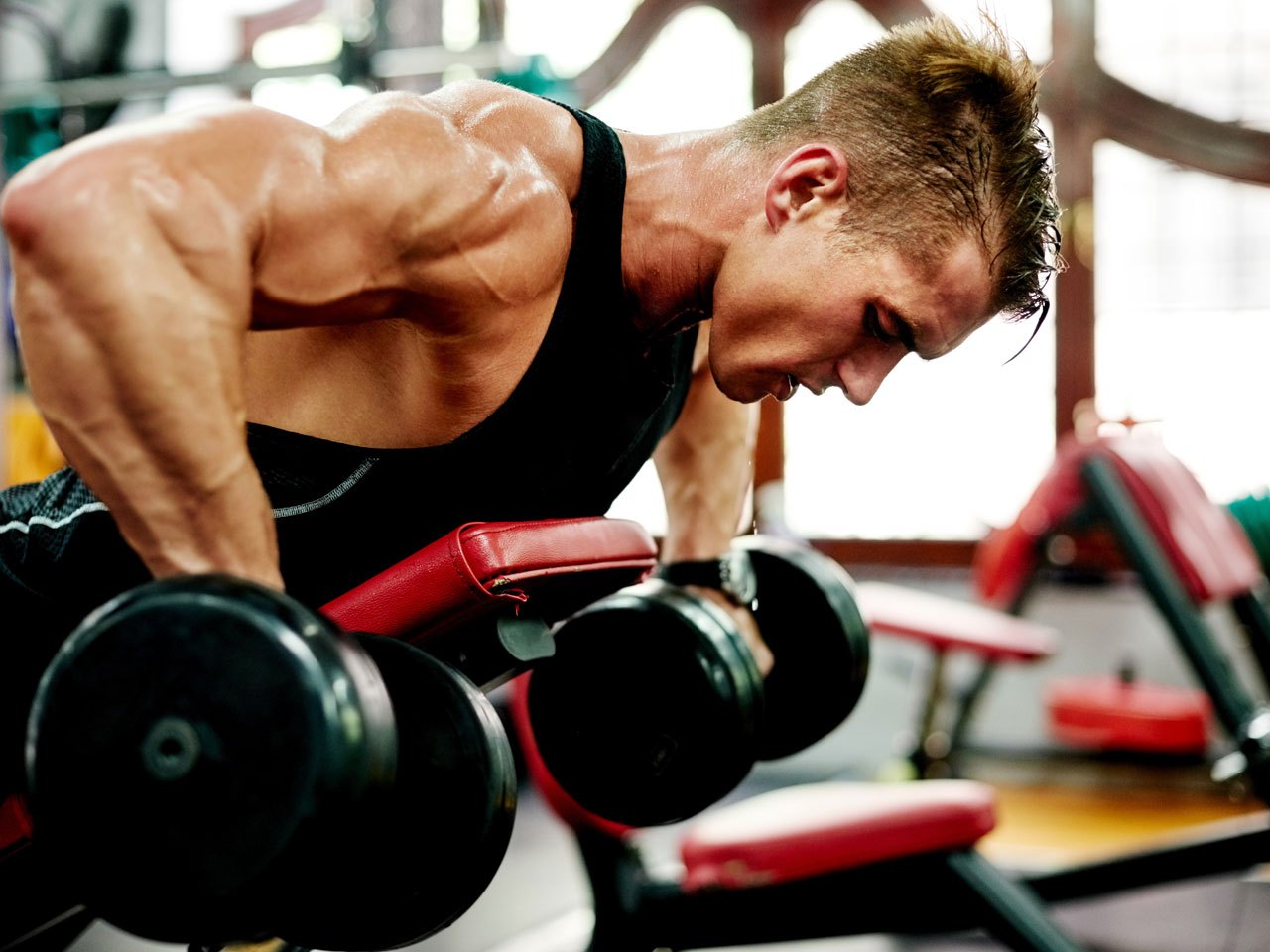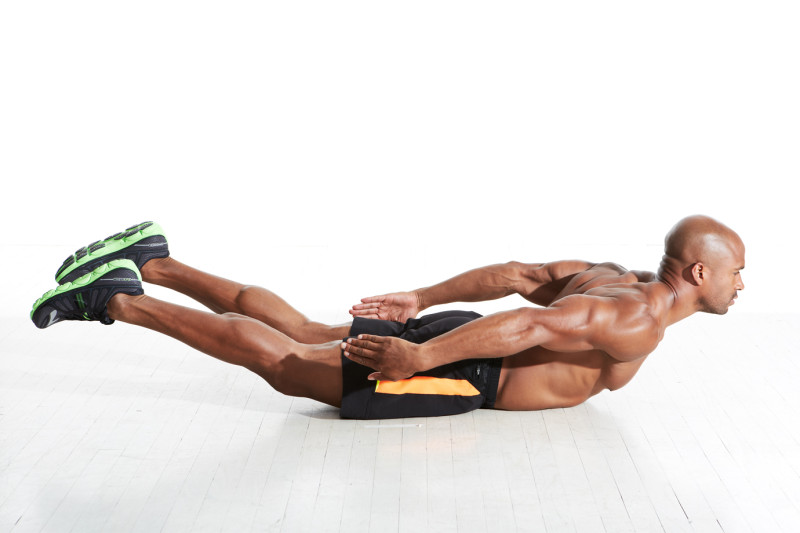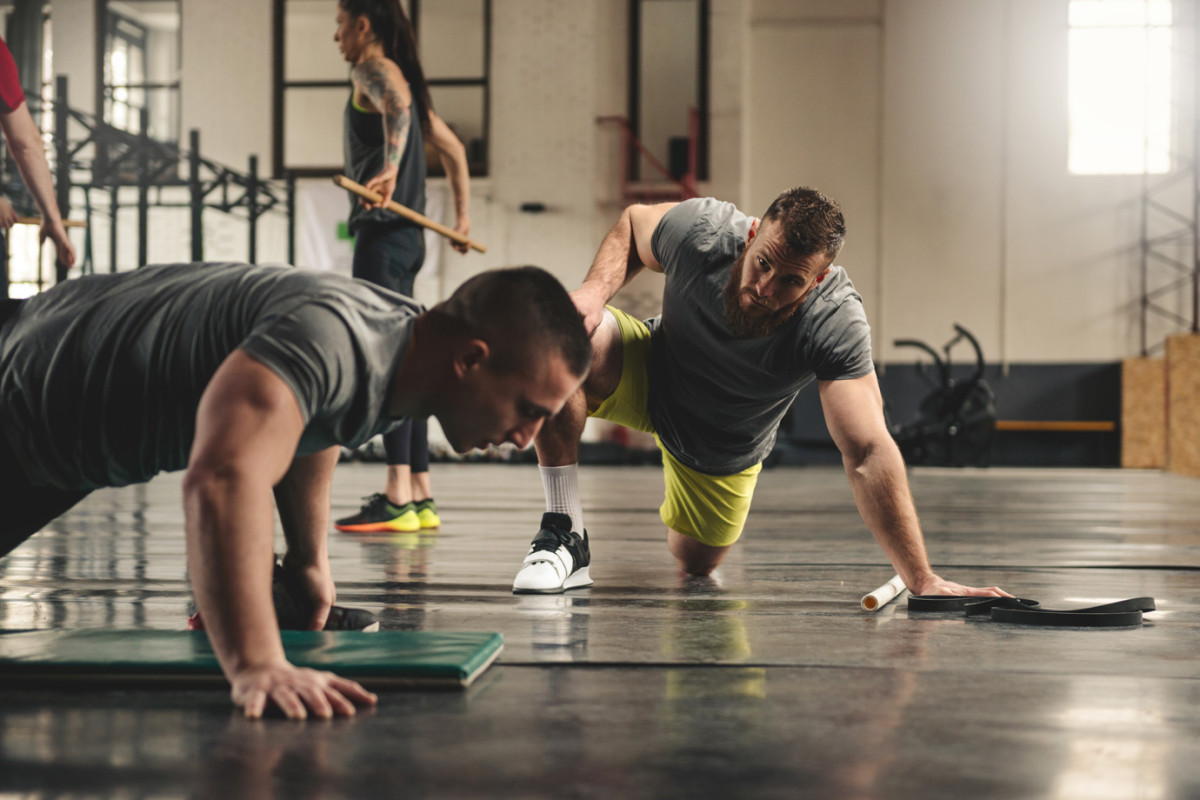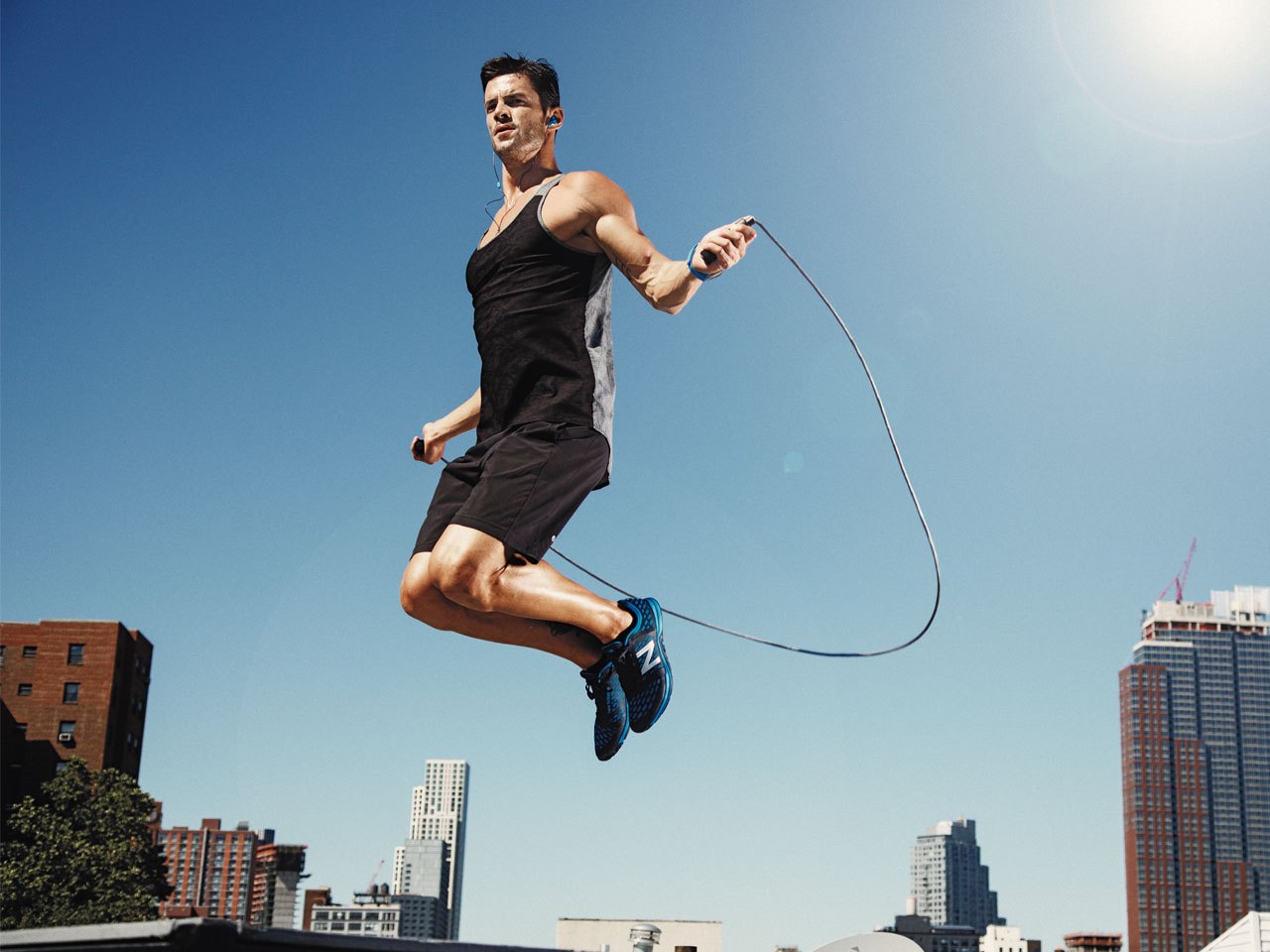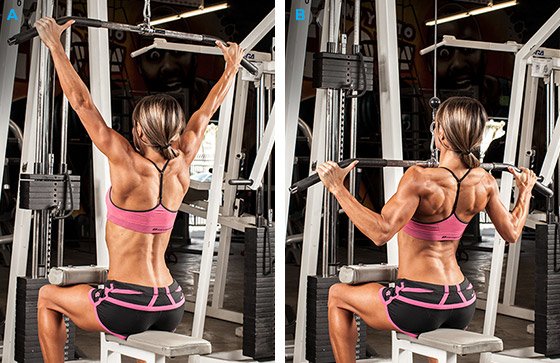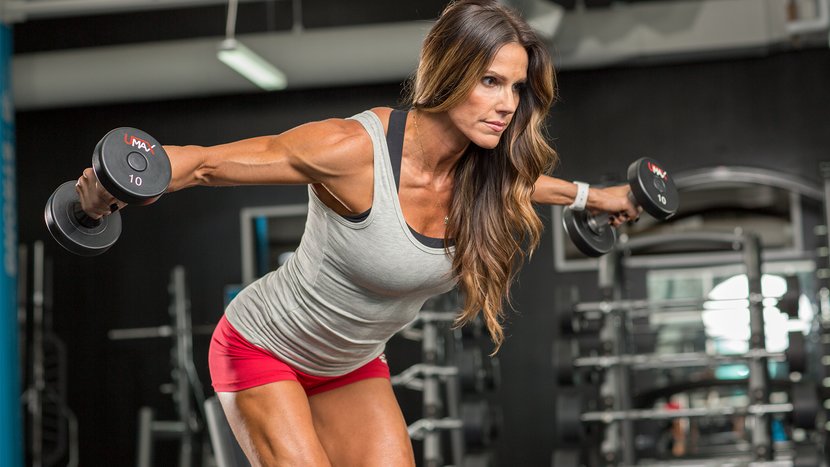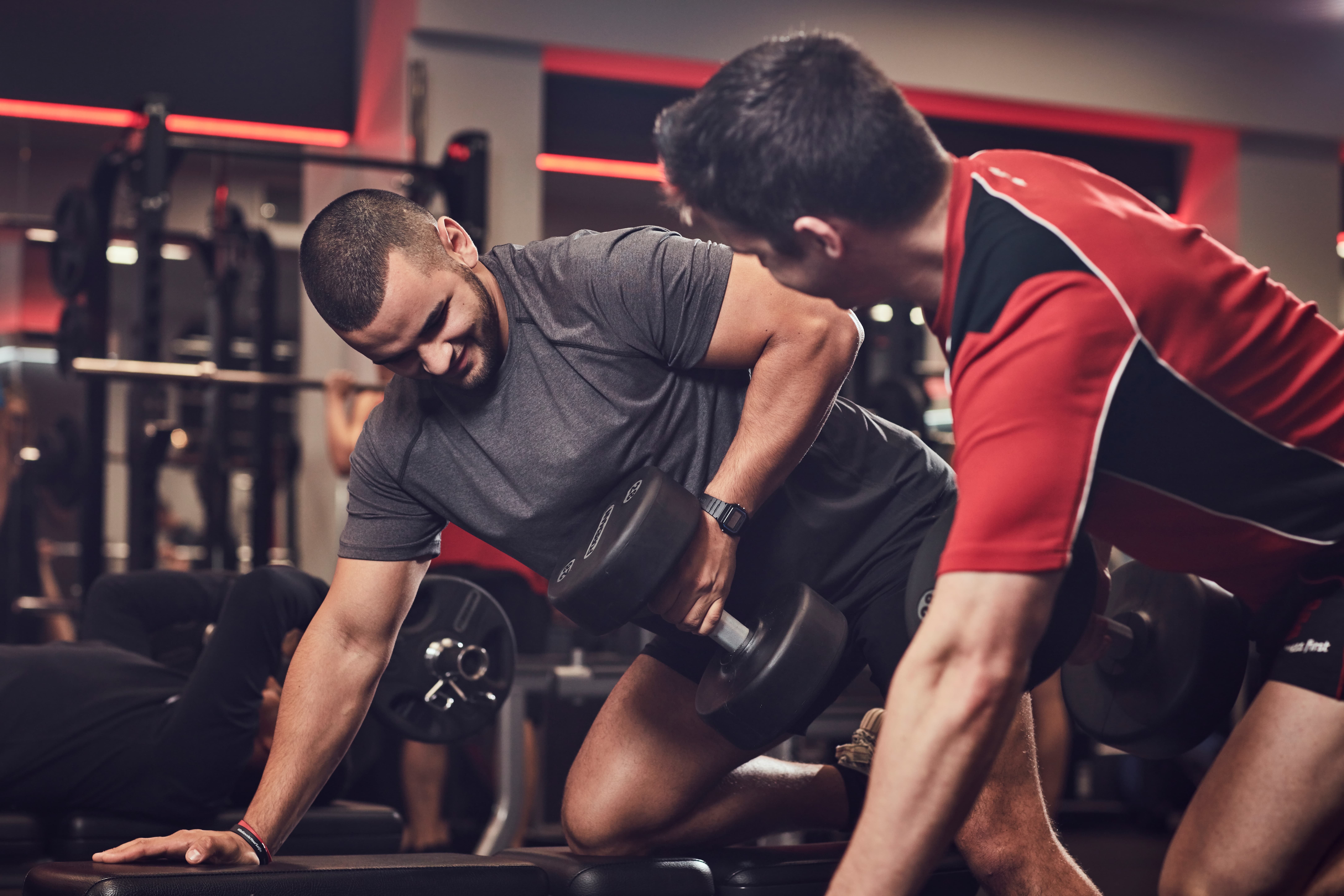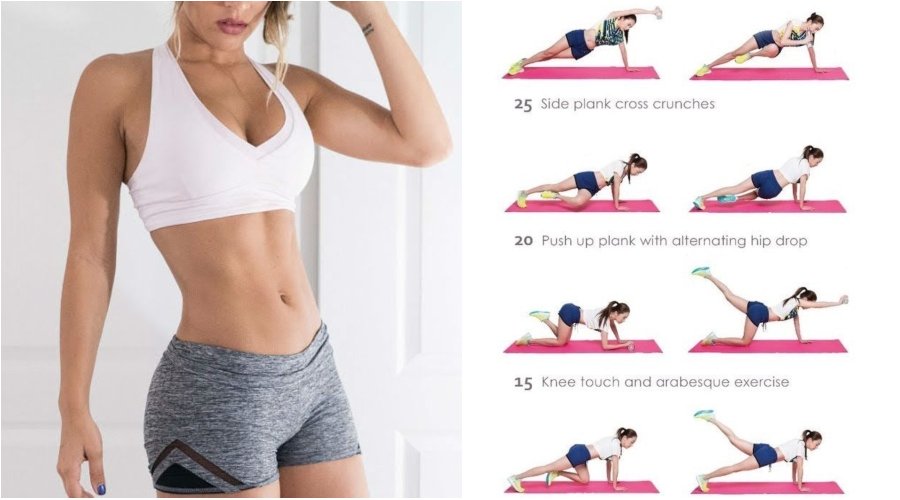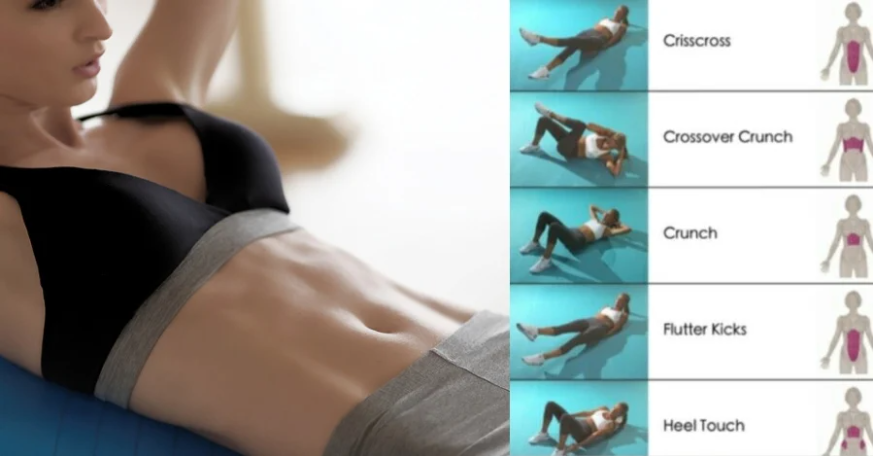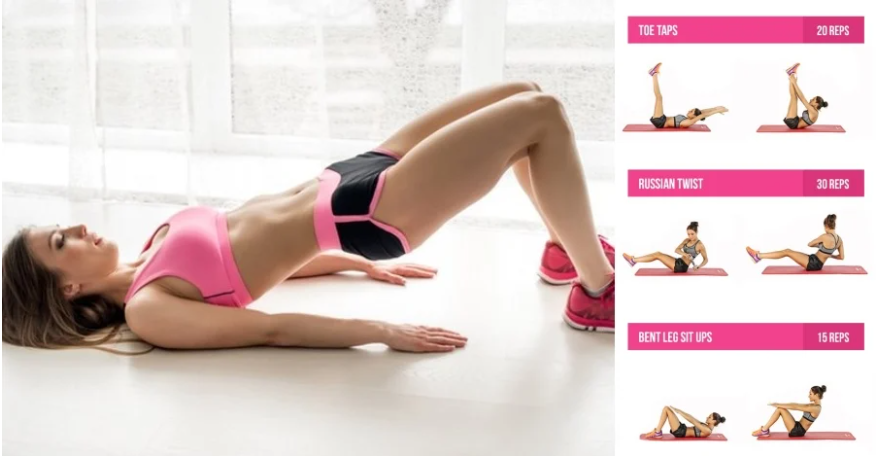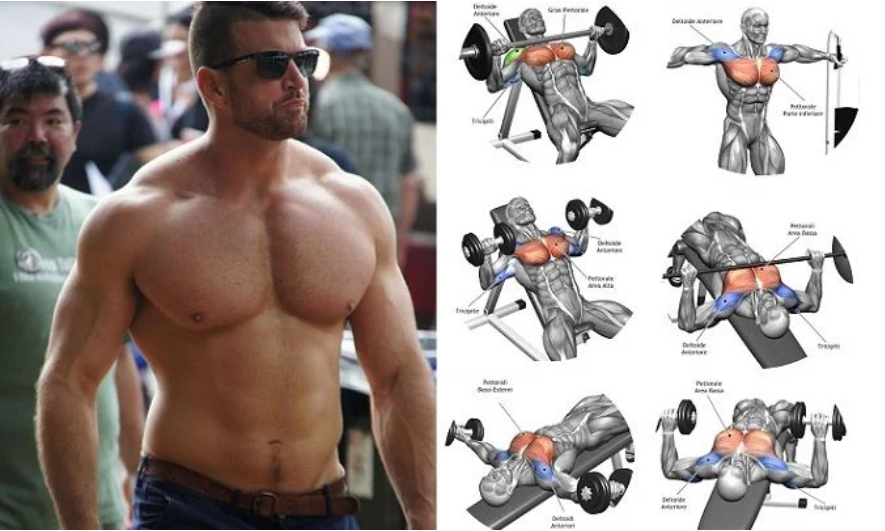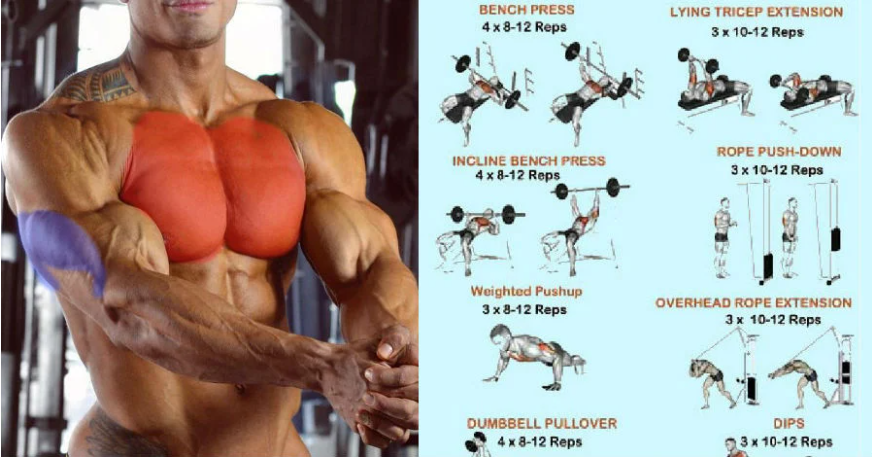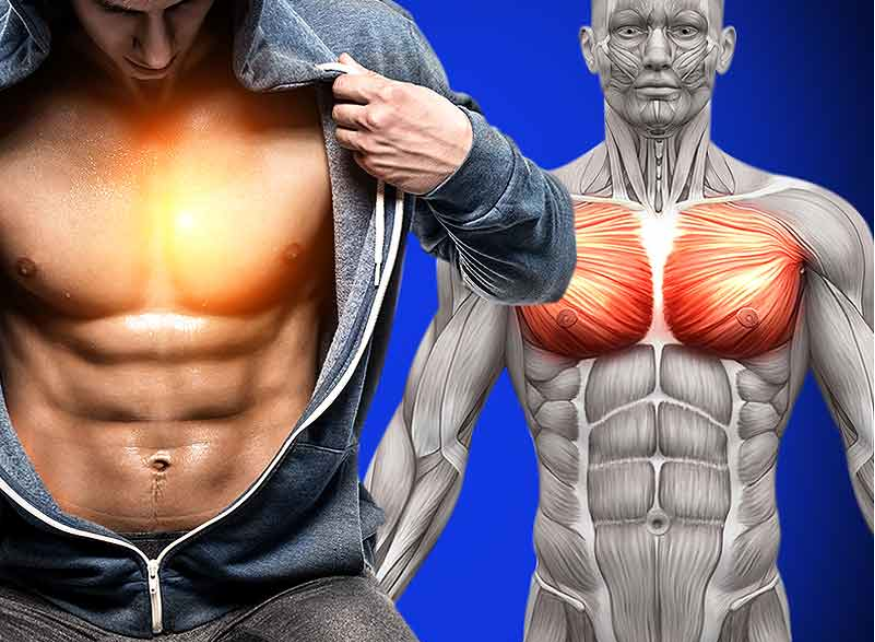Ever notice how most people in a gym aren’t really working out? Some are strolling on the treadmill reading a book. Others are chatting with their buddies while waiting to do another set - and hogging the machine of course. And how is it that most people in the gym look like they don’t work out or look the same no matter how long they’ve been going to the gym? There must be a better way. Here’s a start…
Walk in the door (the hardest part). No matter how tired you are, make two or three days a week mandatory in the gym. When you go doesn't matter - just do it before you get home in the evening. You need to start with a commitment. And a first step.

Warm up. Five to ten minutes on the elliptical if you can.

Do less. Forget about three sets (unless you really are a professional athlete). One set of ten to twenty or so is enough. There does need to be enough weight to tire the muscle without straining. For most of us less really is more. If a workout is not as tedious, it'll be easier to do on a regular basis. The concept in fitness circles is called supersets - and they really are. If you want to progress faster, rotate among a few exercises for that extra super set.

Limit yourself to six to nine machines and twenty to thirty minutes. DON'T rest between machines. Use machines rather than free weights, especially when getting started. They're designed to keep you in proper form.

Rotate among upper body, core (mid-section) and legs.

Work major muscle groups. Curls are not needed. Arms are worked indirectly by chest, back or shoulder exercises. The more slowly that you move the weight, the better. If you rush, inertia takes over and you're not working the muscle over its full range. Even slower on the negative.

Hop on the elliptical for 10 to 20 minutes and optionally switch to the treadmill for another 5 to 20. Go fast enough to sweat. No reading is allowed (it slows you down). Once you've settled into a routine, intersperse with 1 or 2 minute intense segments (interval training), where you push your heart rate an extra 10 or 20 BPM. Cool down for a few minutes. Stretch at the end of your workout. If you're up for more cardio, go for it but build up slowly.

Reward yourself with a few minutes in the pool, steam room or sauna.

While at home, it is important to eat a nutritionally sound diet. Eat more veggies and fruit and fewer dense foods, especially those that are high in fat. Skip the protein bars or drinks. Protein deficiency is rare in the US. Only professional athletes and some senior citizens regularly need supplemental protein.

On days you skip the gym, do something else. Even if it's just a 10 minute walk (or two). Use the stairs instead of the elevator.


